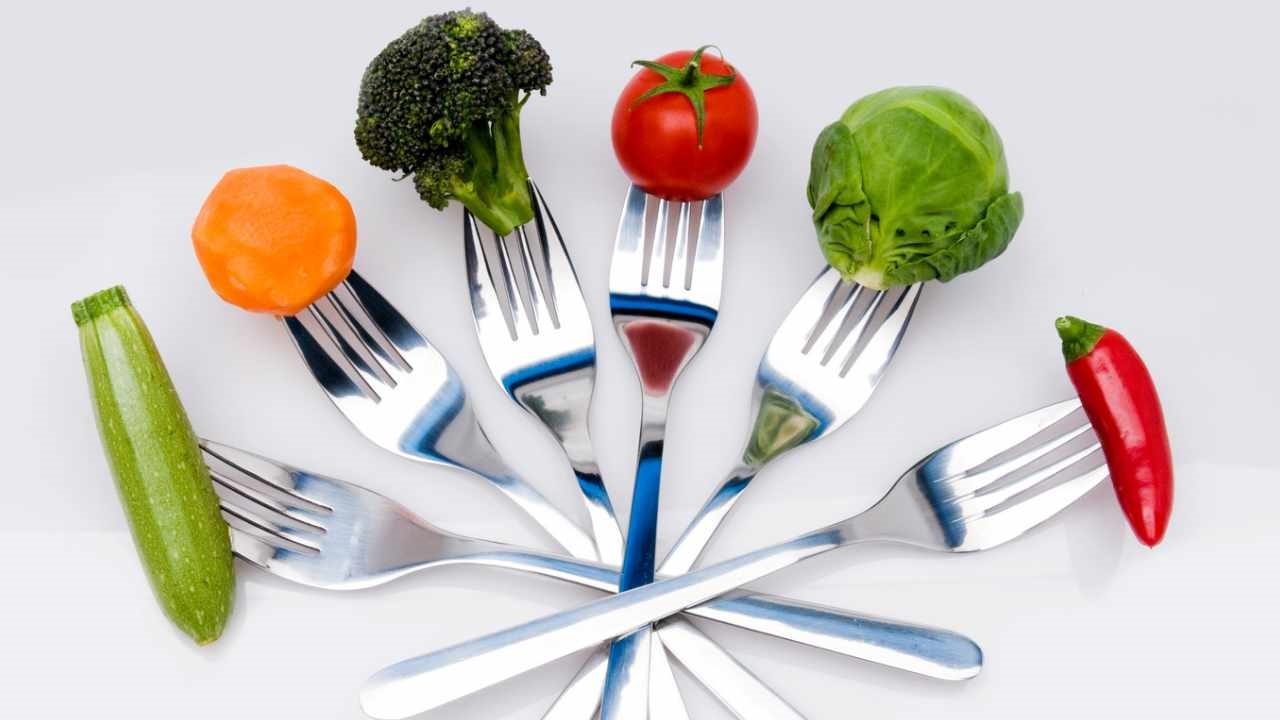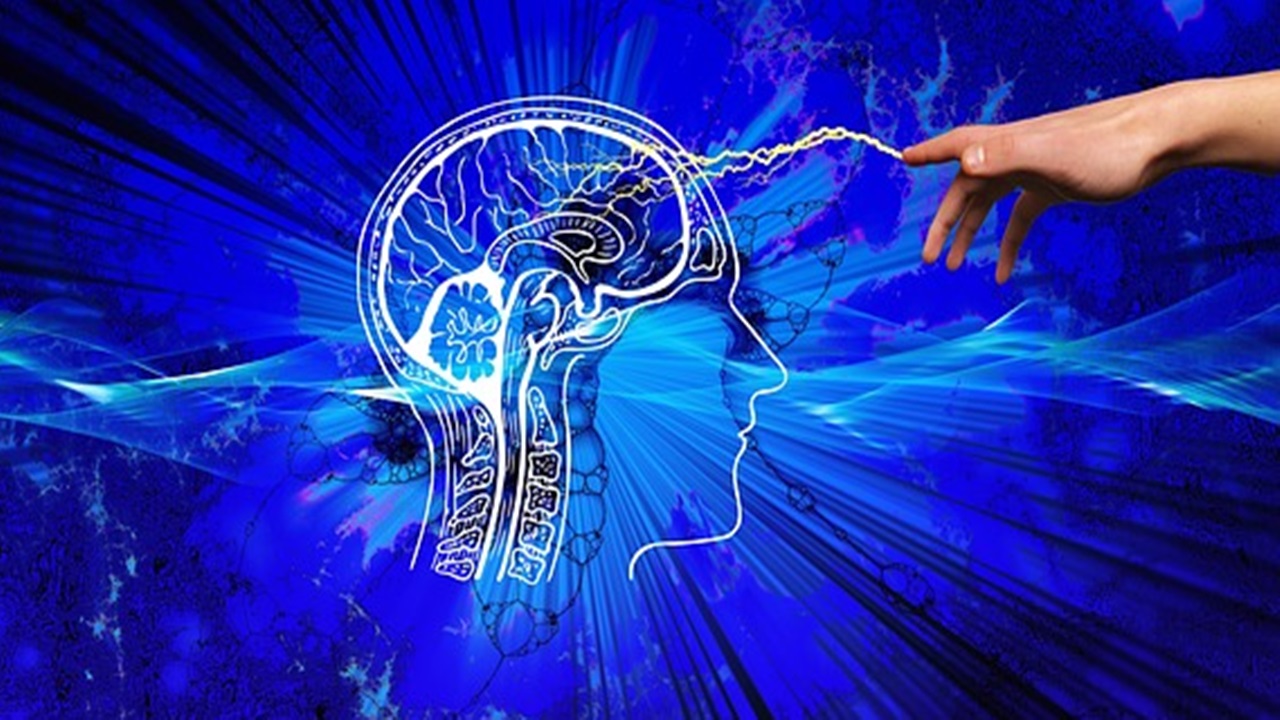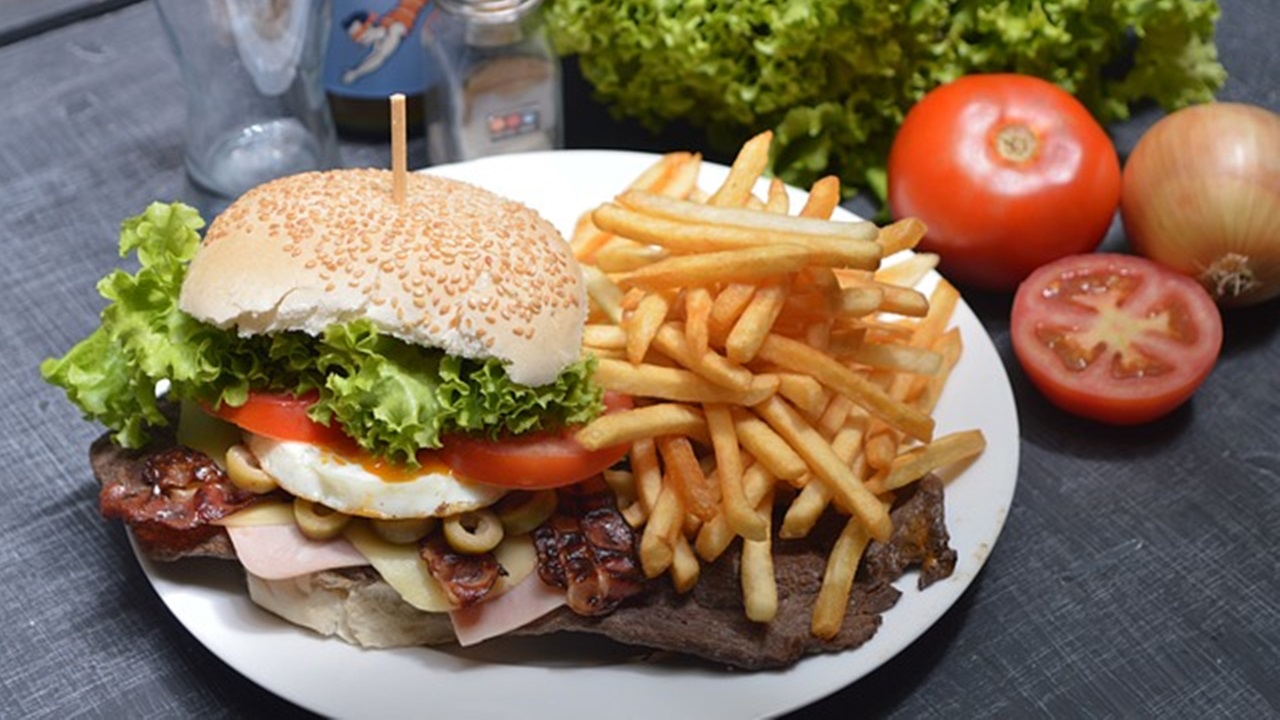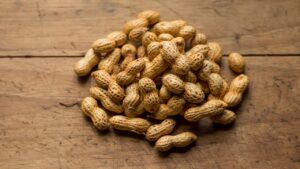What are the Foods That Make You Eat More: You Would Never Have Expected This
Maintaining a balanced diet is crucial to provide the body with the nutrients for good health. Nevertheless, some foods lead you to eat more and more. Recent research points to fats as potential culprits behind this dietary imbalance.

Proper nutrition should encompass a range of foods from all the food groups, including carbohydrates, proteins, fats, vitamins, and minerals. For example, carbohydrates should be your primary energy source, and it’s crucial to opt for whole grains like wholemeal bread and brown rice rather than refined carbohydrates such as white bread and white pasta.
Proteins play a critical role in growth, tissue repair, and immune system support. Protein sources include lean meat, fish, eggs, dairy products, and legumes. While fats are necessary for our bodies, choosing healthy fats like vegetable oils, nuts, and seeds over saturated fats is essential.
Furthermore, a balanced diet should feature a large amount of fruits and vegetables. These foods are packed with vitamins, minerals, and fiber, contributing to overall health and well-being.

The foods that push us to eat more
Unfortunately, we often find ourselves consuming junk food like chips and sweets. This behavior triggers our brain to boost the release of dopamine, one of the most important neurotransmitters in the brain’s reward system. Dopamine regulates the sensation of pleasure. When we eat high-fat foods, our brain receives a reward through dopamine release.

Fatty foods are considerably more calorie-dense than other nutrients. This high caloric density and the reward system involving dopamine can contribute to increased food cravings. In essence, when we consume foods high in fat, our brain can form an association between the consumption of these foods and pleasure. This may result in a form of addiction, as our brain continually craves the satisfaction derived from eating fatty foods.





